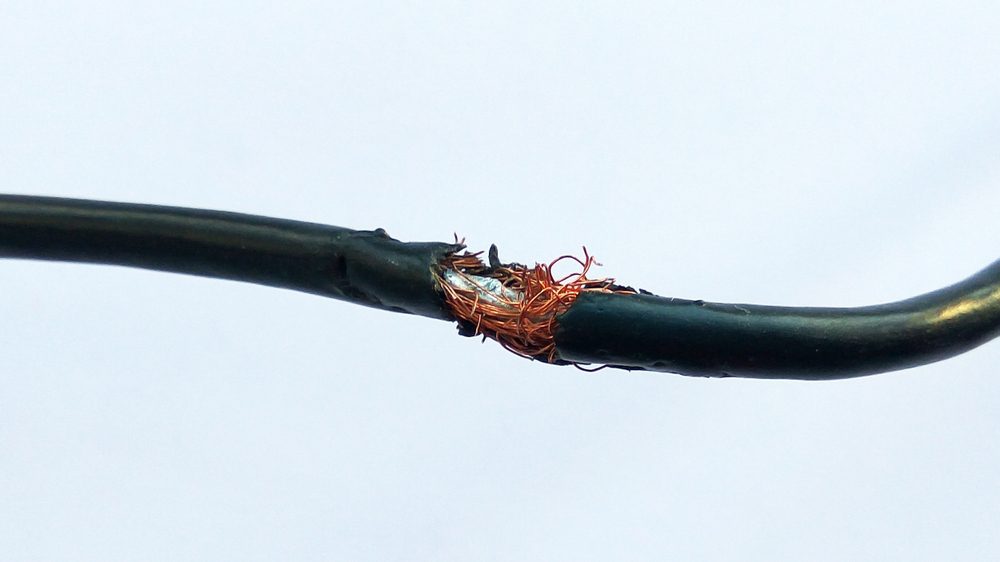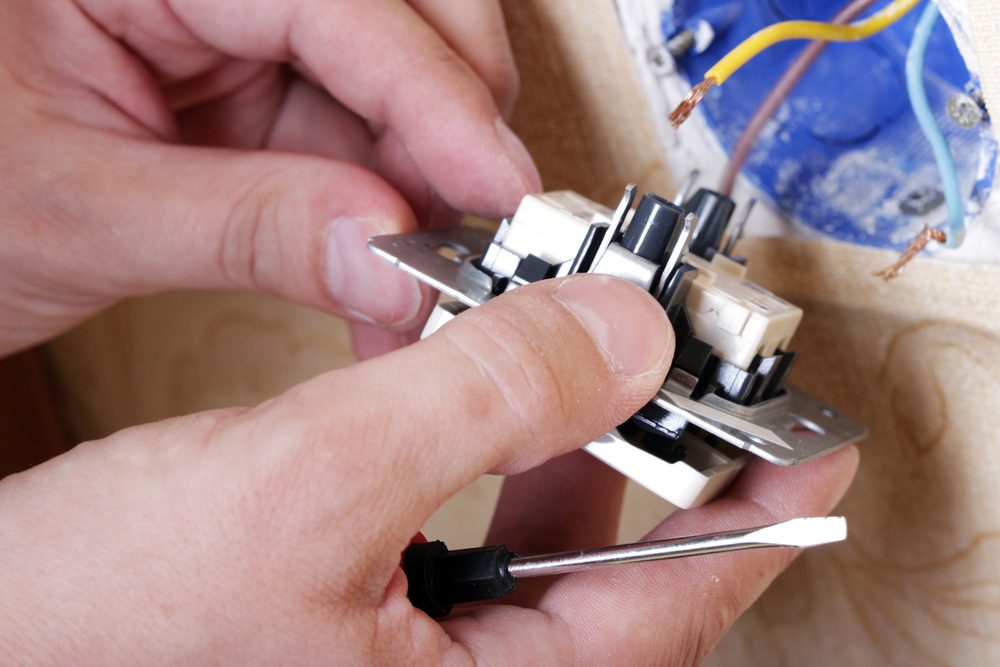
It is not easy to imagine life without electricity now that it’s such a huge part of modern lifestyle, powering everything from cooking to entertainment. However, despite its usefulness, overuse or mishandling can cause short circuits. This issue can be attributed to electrical system damage and fires in homes.
It’s important that you are extremely careful when you use electrical devices, adhering to fully defined safety protocols designed by experts that prioritize cautious planning to minimize risks. However, we want you to stay safe, so we will include all the important information about electrical circuits and how to avoid short circuits in your house.
Table of Contents
5 Top Causes of Short Circuits
What is a short circuit? The issue occurs when two conductors give power to a circuit, but there is very low resistance between them. This allows the voltage and current flow to become excessive, and electricity finds the path of least resistance, so it flows through the shortest route and causes a short.
A short can cause small-scale explosions, damage, or a fire. Some short circuits are entirely accidental, while others are on purpose. We will help you answer the question, “What causes a short circuit?” with five of the top causes. If you discover a short circuit in your house, we encourage you to contact a licensed electrician to perform residential electrical services to fix the issue.
1. Wiring Faults
Home appliances can short out because when you plug them in, your appliance cables extend the circuit. So, appliance or cable faults can cause circuit issues. Short circuit protection on each appliance can prevent this issue.
2. Wiring Insulation or Wiring
Several electrical system insulation or cabling components can cause shorts. In addition, insulation or wires often short out due to external damage, and your electrical system degrades as it ages. Unfortunately, this includes wiring, which can cause electrical shorts or faults.
3. Loose Wires
If a cable comes loose in a circuit, this can allow the neutral and live wires to connect, and the electricity can flow through and short out. Wires loosen due to age and use, so you want to periodically check and fix them to prevent short circuits.
Read More: Electrical Grounding and Bonding: Applications and Safety
4. Incorrect Installation
Electrical sockets are usually mounted onto the wall. Sometimes, during a kitchen or home renovation, screws or nails accidentally touch live wires. When they do, this causes a short.
5. Carelessness
Electricity requires caution. Keep fluids, including water, away from the wiring. When cables touch fluids, short circuits can cause minor or fatal issues. Likewise, pests eating insulation and allowing live and neutral wires to connect cause most shorts.

How to Prevent a Short Circuit
Navigating electrical safety can be tricky, but we are here to guide you. We will explore foolproof strategies to prevent short circuits and ensure your home stays safe and secure.
Install Circuit Breakers and Fuses
Fuses or circuit breakers monitor for electrical current changes and break the circuit’s connection when they detect something is wrong.
Use Ground-Fault Circuit Interrupters
These devices are also very sensitive to electrical current flow changes and shut down automatically when they sense irregularities to prevent electrical shortages.
Have Arc-Fault Circuit Interrupters
As the name suggests, this device protects against jumping electrical currents or arcs that can spark fires. Arc-fault circuit interrupters switch the power off when they sense a short circuit coming.
What Is a Normal Short Circuit?
When you have a normal short electrical circuit, a hot or powered wire comes into contact with a neutral wire. The resistance will immediately drop, and the current will switch to another path.
Read More: What is a Branch Circuit? Applications and Tips
What Is a Ground Fault Short Circuit?
With a ground fault short circuit, a hot or powered wire touches the box, outlet, appliance, bare ground wire, or a device’s grounded section and overloads it.
How to Fix a Short Circuit
If you know you have a short circuit, make a point to get it fixed as fast as you can to prevent more damage or a potential fire.
- Isolate the Circuit – To start, identify the problem circuit and work on only the circuit in question.
- Make the Circuit Safe – Safety is a priority when it comes to electricity, so start by turning off and removing the circuit breaker. Remove the breaker by gently rocking it back toward the side of the electrical service panel and lift it off.
- List Every Device – Figure out all of the devices on the circuit, including switches, outlets, appliances, air conditioners, lights, and junction boxes.
- Examine Each Device – Look at the outside of every device on the circuit, keeping an eye out for blown fuses. Take note of any burn marks, melted plastic, or sharp smells, as these are indicators of a short electrical circuit.
- Look Inside Each Device – Wherever it’s practical, check each device’s wiring. Open the electrical boxes and look at the connections, searching for junction boxes that are not attached. Remove any light fixtures and look inside their electrical boxes. Additionally, a licensed electrician can check for you.
- Check Attic and Wall Cables – Inspect the wires that are visible between your devices. Since your wires may be inside the walls, this can be challenging. However, look at any wiring that runs along the joists in your attic for damage.

Innovative Electrical Services
For safety reasons, please be aware that we do not recommend attempting to work on your electrical system yourself. If you believe you have a short circuit in your house, give our team of technicians a call at (732) 638-4317 to schedule an appointment. Our staff of emergency electricians in Clifton, NJ offer safe and convenient electrical panel repair or installation services for homes.
We do not recommend addressing electrical issues without a professional since electricity is dangerous. Luckily, our staff provides a variety of electrical services for homeowners such as lighting installation, ceiling fan replacement, wiring maintenance, and whole-house generator installation. We offer electrical repair and installation and will keep your home safe from short circuit damage.


